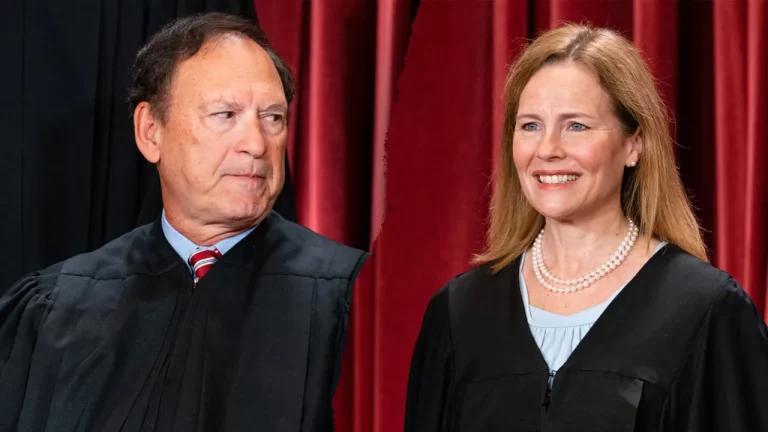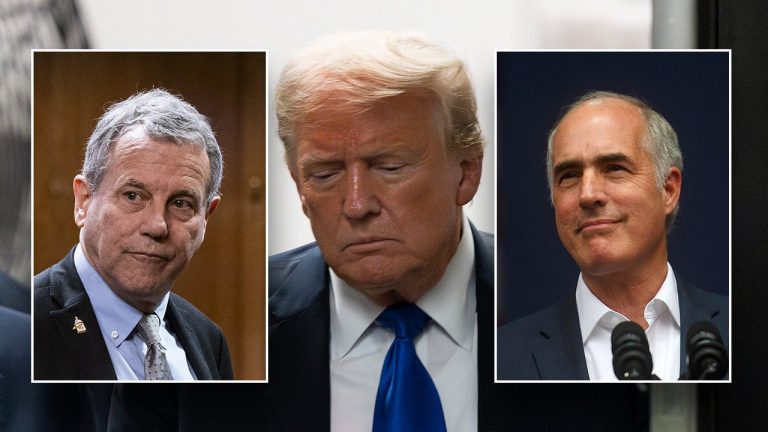Vermont Governor rejects proposal for safe injection site.
Vermont’s governor recently made a controversial decision by vetoing a bill that would have allowed the creation of a pilot overdose prevention center in Burlington, the state’s largest city. The proposed center would have included a safe injection site where individuals could use narcotics under the supervision of trained staff and be revived in case of overdose.
Gov. Phil Scott, a Republican, expressed his concerns in a letter to lawmakers, stating that while overdose prevention sites may have good intentions, he believes that the financial resources should be directed towards proven prevention, treatment, and recovery strategies instead of funding this experimental approach.
Despite the governor’s veto, the Democratic-controlled Legislature is gearing up to attempt an override next month, showing their commitment to addressing the pressing issue of fatal overdoses in the state.
The legislation, known as an act relating to harm reduction criminal justice response to drug use, aimed to allocate $1.1 million in fiscal year 2025 to the Vermont Department of Health for the establishment of the overdose prevention center in Burlington. The funding was planned to be sourced from the Opioid Abatement Special Fund, which consists of Vermont’s portion of a national settlement with drug manufacturers and distribution companies.
Prior to the implementation of the pilot program, the bill required the Health Department to collaborate with a researcher or consultant to study the potential impact of the overdose prevention center on the community.
The envisioned center would have provided vital services such as addiction treatment referrals, medical and social support, overdose prevention education, and distribution of overdose reversal medications. These services are essential in combating the rising number of fatal overdoses and connecting individuals to the necessary resources for recovery.
Senate President Pro Tem Phil Baruth, a Democrat, emphasized the urgency of addressing the overdose crisis in the state, pointing out that the significant increase in fatal overdoses over the past decade poses a severe threat to the community’s well-being.
Baruth highlighted the positive outcomes associated with overdose prevention centers, stating that such facilities not only save lives but also facilitate access to treatment, reduce the strain on emergency services, and contribute to a decrease in public drug consumption.
This veto is not the first of its kind, as the governor had previously vetoed a similar bill two years ago. The ongoing debate between lawmakers and the governor reflects the complex and challenging nature of addressing drug addiction and overdose-related issues in the state of Vermont.








